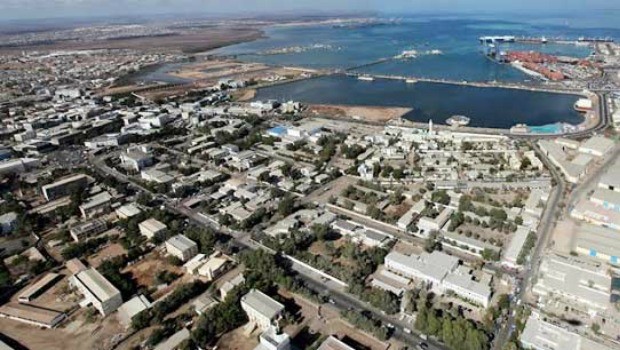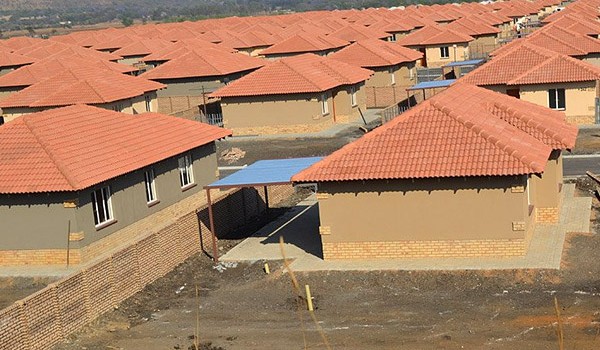In the escalating duel between U.S. and the Organisation of the Petroleum Exporting Countries (Opec) oil production, few countries’ oil industries have been hit as hard as Nigeria, highlighting a challenge for the petroleum cartel ahead of its meeting on Friday.
The West African nation has lost business in its main market in the U.S. and struggled to gain footholds elsewhere, raising a question for Opec over whether its decision to fight for market share may have left behind more vulnerable members.
Once a highly desired, easy-to-refine product, Nigeria’s oil is now hard to sell. In 2014 it fetched more than $2 a barrel more than the global benchmark, Brent crude, according to Opec data. This year, that premium has plunged to 74 cents, on average — the lowest in a decade.
Nigerian cargoes that normally sell a month ahead of delivery have languished without buyers. In early May, at least 80-million barrels of Nigerian and Angolan crude were still seeking buyers, according to Barclays.
“Nigeria is in immense pain,” Energy Aspects Chief Oil Analyst Amrita Sen said.
Opec last year abandoned its traditional role of propping up prices through production cuts, figuring that surging U.S. production would depress prices no matter what it did and opting to fight for market share instead. Within Opec, Sen said, Nigeria had been the worst affected by these changes.
The state-run Nigeria National Petroleum Co. and the country’s oil ministry declined to comment.
Its plight highlights divisions within Opec as the group’s ministers begin arriving in Vienna this week. Venezuela, Algeria and Angola have also struggled while wealthier Opec members such as Saudi Arabia and Kuwait ramp up production and lock down buyers in Asia.
Nigeria’s situation also raises a red flag about the strength of a recent oil-price recovery. After crashing from $114 a barrel to $45 from July to January, the Brent price has gone up more than 30 percent since, closing at about $65 on Friday. A disconnect between the price of oil-futures’ contracts and the price paid in daily physical transactions was a precursor to the collapse last year, though analysts disagree about whether Nigeria is symbolic of the larger market.
“The Nigerian barrel is really now the swing barrel,” JBC Energy oil market analyst Eugene Lindell said. “That’s on our radar and when we see West African barrels underperforming, then we’re worried about the global crude market.”
Nigeria is Africa’s largest oil producer and ranks 13th in the world, pumping about 1.9-million barrels of oil a day. That is less than the Middle East’s biggest producers that include Saudi Arabia, Iran and Iraq, and about the same as Norway. Its flagship crude oil, known as Bonny Light, is similar to U.S. shale oil. It is generally called “light and sweet” because of its low sulphur levels and low density, which means it will flow easily at room temperature and is more easily refined into high-value products such as petrol and diesel.
U.S. refineries have generally moved to buy the cheaper, easier-to-access local version rather than importing Nigerian product in recent years. Imports of Nigerian crude oil into the U.S. have plummeted from nearly 1-million barrels a day in 2010 to less than 60,000 barrels a day in 2014, according to the U.S. Energy Information Administration.
…Stubbornly low prices prompted Nigeria to raise the issue of an emergency Opec meeting earlier this year, although it did not materialize. It all comes at a sensitive moment for Nigeria.
On Friday, Mohammadu Buhari was sworn in as president in a rare peaceful transition of power. The country had also recently been rocked by fuel shortages, although some have blamed politics and not revenue problems for the issue.
For Opec, Nigeria’s struggles could signal a potential problem for the group’s unity as it decides this week whether to continue its strategy of fighting for market share — a strategy kingpin Saudi Arabia argues is working.
According to its latest public projections, the producer group expects non-Opec production to grow by just 680,000 barrels a day this year, a precipitous drop from 2.17-million barrels a day in 2014. That is expected to increase demand for Opec’s oil. But that strategy does not take into account the seismic shift the oil market has undergone in the past few years that underpins the challenge facing Nigeria’s oil sector.



